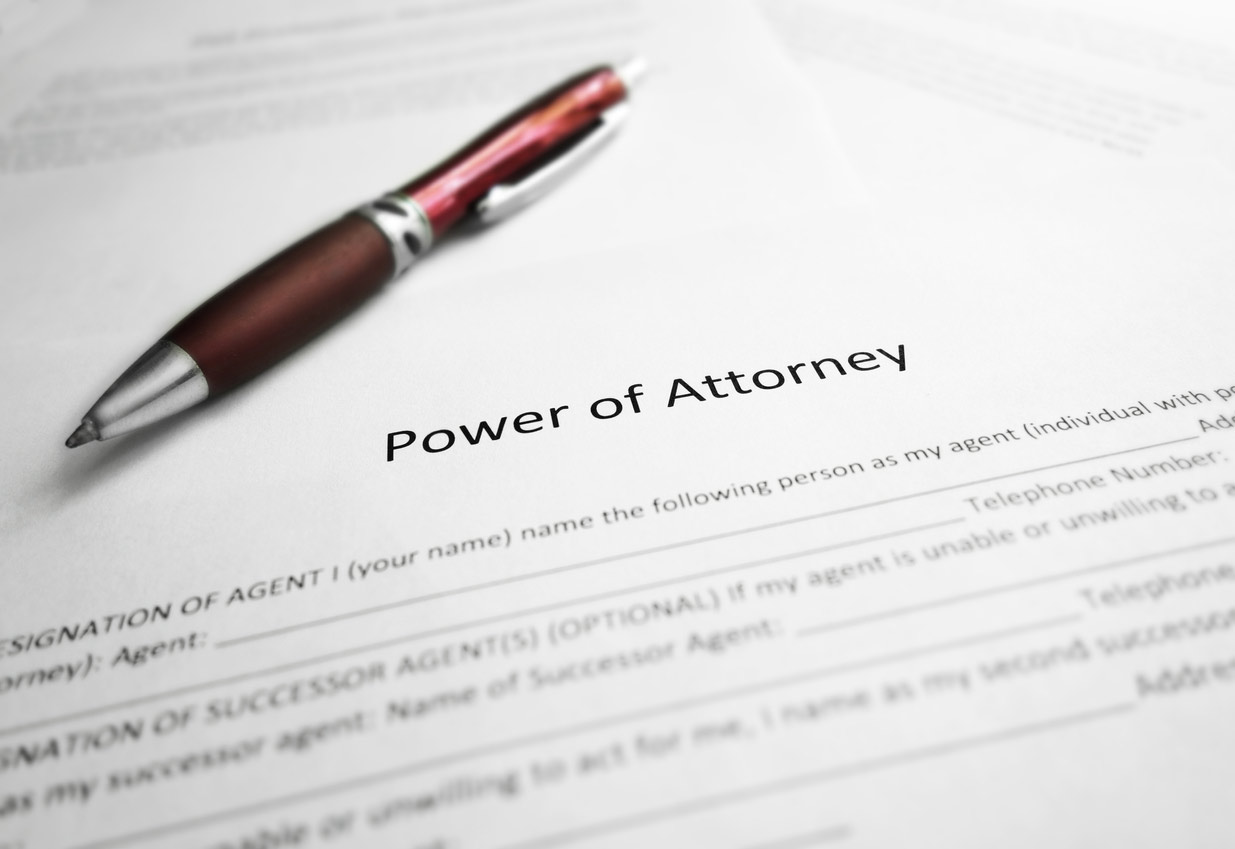Lasting Powers of Attorney
Lasting Powers of Attorney replaced Enduring Powers of Attorney from 1 October 2007. A lasting Power of Attorney is more flexible in that it allows the attorney to make a wider range of decisions on the donor’s behalf.
A Lasting Power of Attorney is an authority from the donor to the attorney to make decisions about the donor’s health, welfare, property and financial matters including when the donor no longer has mental capacity. There are two types: one allowing the attorney to make decisions about property and finance and the other to make decisions about health and welfare. A donor can appoint the same person to act as attorney for one or both and the donor can choose to create one type of power or both.
Who can be appointed to attorney?
Generally, family and friends are appointed, though it is possible to appoint a professional executor such as a solicitor. Persons over the age of eighteen not bankrupt or a trust in relation to property. More than one attorney may be appointed and the donor can decide whether the appointment is joint or joint and severable. It is possible for the donor to specify some functions to be carried out jointly and others joint and severable although this can cause problems because an organisation may refuse to comply with an attorney’s instruction if it cannot assess whether the attorney is acting severally rather than jointly. If the donor does not specify, the appointment will be joint. Generally, it is advisable to appoint your attorneys jointly and severally.
While joint attorneys provide the donor with protection they must act together. This means that if one dies, becomes bankrupt or ceases to have capacity the enduring power no longer has any effect whereas joint and several attorneys can act independently of one another so provide more flexibility but may lead to a loss of protection for example of the donor’s property. A joint and severable power of attorney continues even after one of the attorneys has lost capacity or died.
A successor or substitute attorney can be provided by the donor in specified circumstances, for example upon the death, loss of capacity of bankruptcy of an attorney.
Creation of a Lasting Power of Attorney
Lasting Powers of Attorney can only be created by an individual over the age of eighteen with mental capacity. It must be made in accordance with statutory regulations and contain prescribed information:
- That the donor has read and understood the prescribed information and intends to confer authority on an attorney to make decisions on their behalf when he has no capacity;
- Who the donor wishes to be notified of any application for the registration or that he wishes no one to be notified. Up to five people may be notified;
- That the attorney has read and understood the prescribed information and understands the duty to act in the best interests of the donor;
- A certificate as the capacity of the donor, signed by a person of a ‘prescribed description’. If you instruct a solicitor to assist, they can generally do this for you.
The Lasting Powers of Attorney, Enduring Powers of Attorney and Public Guardian Regulations 2007 specify the format of each lasting power of attorney. It is important that the form be filled out correctly or it may be refused registration if it is defective. It is especially important that the donor and attorneys sign in the right order and in the presence of an independent witness, who could be your solicitor.
It may not be possible to create a new lasting power of attorney once the donor has lost capacity. Form LP12 issued by the Office of the Public Guardian provides detailed instructions on how to make and register a lasting power of attorney.
The form provides a section for the donor to set out their preferences in certain situations. However, it will be important for the donor to ensure that a clause has been added to the power of attorney to provide the attorneys with the ability to use their discretion in managing financial funds. Call us now on 0808 256 2917 for a confidential and no obligation initial discussion or email [email protected].CALL US TODAY
Certificate of capacity
The individuals who can provide a certificate are:
- Somebody known by the donor for at least two years immediately prior to signing the certificate;
- A person chosen by the donor who, on account of his professional skills and expertise, reasonably considers that he is competent to make the judgements necessary to certify that the donor has sufficient capacity.
The regulations provide examples of the types of persons who could fall into the second category. These are solicitors, registered healthcare professionals, social workers and barristers.
The regulations provide a list of persons who are not allowed to sign the certificate including; the intended attorney, a family member of the donor, a business member of the donor, a person already an attorney under another lasting or enduring power of attorney and people involved in running the care home in which the donor resides.
In addition, the guide produced by the Office of Public Guardian’s provides further examples including people related by marriage to the donor and unmarried partners whether or not they are living with the donor.
The provider of the certificate must certify that:
- The donor understands the purpose and scope of the authority conferred; and
- No fraud or undue pressure has been used to induce the donor to create the lasting power of attorney; and
- Nothing else prevents the lasting power of attorney being created.
Execution
The regulations set out detailed rules about the execution of the power. The donor must sign the form, complete section 9 and 10 as soon as reasonably practicable after having read all the prescribed information and sign in the presence of a witness (not the attorney).
Registration
The lasting power of attorney will not have any effect until it is registered with the Public Guardian. Generally and unless there are any unusual circumstances, most people register their LPAs straight away. Although there is no obligation to register after signing, the attorney(s) may choose to do so at any time. This involves completing a prescribed form and paying a fee.
There is no obligation on the attorney(s) to register the lasting power of attorney if the donor loses capacity.
The Public Guardian must notify
- The attorneys if the donor applied; or
- The donor if the attorney(s) applied.
Objections to the registration can be made on various grounds by the donor, the attorneys or other persons notified.
The lasting power of attorney is valid once registered.
Authority
The attorney must act in the best interest of any donor lacking capacity in making any decision under the lasting power of attorney. The attorney must also have regard to the Code set out by the Office of Public Guardians.
Property and finances lasting power of attorney
An attorney with authority may act under the lasting power of attorney even though the donor retains capacity.
The attorney cannot dispose of property by making gifts unless the power specifies the authority. An attorney can make gifts on customary occasions if authorised to persons (including the attorney) who are related or connected to the donor; or to a charity the donor might have expected to make a donation. In both cases, the value of the donation must be reasonable in all the circumstances.
‘Customary occasions’ are birthdays, the anniversary of a marriage or civil partnership or any other customarily occasion within families or among friends or associates.
Unlike enduring power of attorneys, gifts to non-charities can be made other than at ‘seasonal’ times under a lasting power of attorney. Also, unlike enduring powers of attorney, no provision exists to make gifts to meet the reasonable needs of persons the donor might be expected to provide for. Attorneys are limited to gifts of reasonable amounts on customary occasions.
Health and welfare lasting power of attorney
These lasting powers of attorney provide the ability for attorneys to make decisions about the donor’s health and welfare including health care. The attorneys can only act if the donor does not have capacity to make a decision. There are various restrictions imposed by the Mental Capacity Act 2005 such as not being able to vote on behalf of the donor. The donor may also impose restrictions for example authorising decision=s to be made by the attorney about the donor’s social care but not health care. If the attorney is not restricted then he can make decisions about the donor’s health care treatment including giving and withholding consent. There are special provisions about decisions relating to the refusal of life sustaining treatment.
A person can be appointed an attorney under both property and financial affairs and health and welfare lasting powers of attorney although it is also possible for the donor to specify different attorneys be appointed. Although an attorney appointed under both power of attorneys is in a position to make all the important financial decisions on behalf of the donor they will be expected to work alongside the people dealing with the donor’s health and social wellbeing. Attorneys can be removed if they fail to co-operate and make adequate provision for the donor.
CALL US TODAY
Call us now on 0808 256 2917 for a confidential and no obligation initial discussion or email [email protected].









